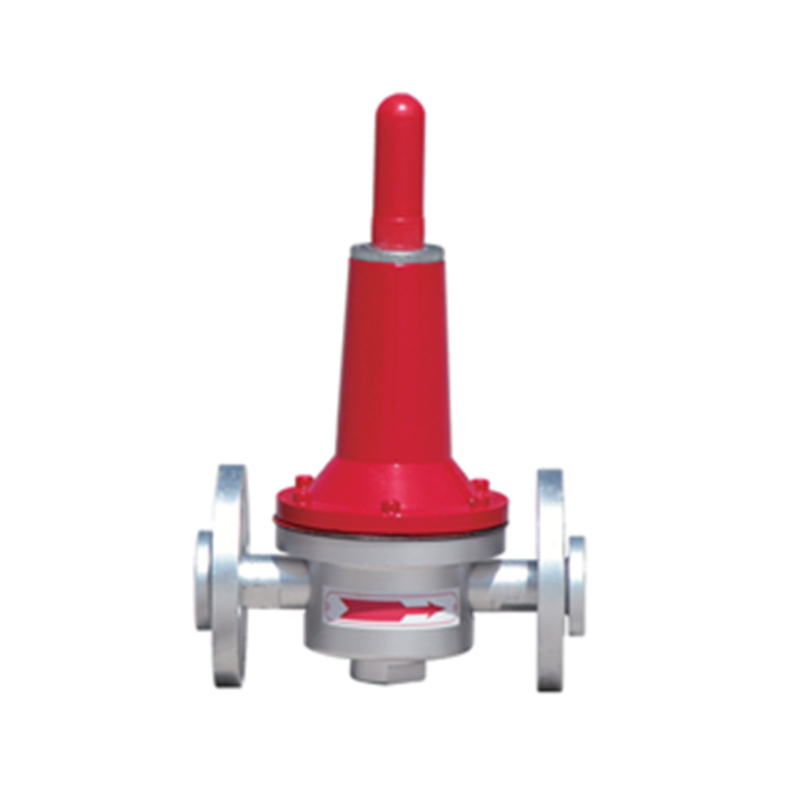
Dec . 12, 2024 12:08
Back to list
filtration
Filtration The Key to Clean Water and Beyond
In today's fast-paced world, the importance of clean water cannot be overstated. With pollution levels rising and freshwater resources dwindling, filtration has emerged as a vital technology for safeguarding public health and preserving natural ecosystems. From the simplest coffee filters to sophisticated industrial systems, the concept of filtration plays a significant role in various applications, making it a fundamental process in both daily life and industry.
Filtration is a physical separation process that removes impurities or particles from liquids and gases by passing them through a medium that traps the unwanted substances. There are various types of filtration, including microfiltration, ultrafiltration, nanofiltration, and reverse osmosis, each differing in the size of particles they can remove. The choice of filtration method often depends on the specific requirements of the application, ranging from drinking water purification to pharmaceutical manufacturing.
The Process of Filtration
The basic principle of filtration involves three main components the feed (the liquid or gas containing impurities), the filter medium (which can be made from various materials such as paper, cloth, sand, or synthetic membranes), and the filtrate (the purified liquid or gas that passes through). When the feed is forced through the filter medium, larger particles are captured while smaller molecules or clean water continue through the filter. This simple yet effective process can dramatically improve the quality of water and air, contributing to health and sustainability.
Applying Filtration to Water Purification
The most common application of filtration is in water treatment. Municipal water systems often employ multiple filtration methods to ensure that water is safe for consumption. For instance, initial mechanical filtration may remove large debris, while subsequent processes use finer filters to eliminate bacteria and viruses. Advanced techniques like reverse osmosis employ semi-permeable membranes that can remove dissolved salts and organic molecules, yielding high-quality water suitable for drinking or industrial use.
In regions where access to clean water is scarce, mobile filtration units can be deployed to provide immediate relief
. These units, often utilized in humanitarian crises, can filter out contaminants and deliver safe drinking water to affected populations, saving lives and improving health outcomes.filtration

Filtration in the Industrial Sector
Beyond water purification, filtration technology is indispensable in many industrial applications. The food and beverage industry relies on filtration to ensure product quality and safety. For example, in beer brewing, filtration helps clarify the product, enhancing flavor and appearance. Similarly, in the pharmaceutical sector, stringent filtration standards are paramount to remove particulates and ensure the purity of drugs.
Filtration also plays a crucial role in environmental protection. Air pollution control systems employ filters to capture airborne particulates before they can enter the atmosphere. By improving air quality, filtration technologies help mitigate health risks associated with respiratory diseases and contribute to global efforts to combat climate change.
Emerging Trends and Innovations
As technology advances, so do filtration methods. Researchers are continuously exploring new materials and techniques to enhance the efficiency and effectiveness of filtration processes. Innovations such as biocompatible membranes, nanotechnology, and smart filters with real-time monitoring capabilities are poised to revolutionize the field.
Moreover, the push for sustainability has led to the development of eco-friendly filtration systems, reducing the environmental impact of traditional methods. By using renewable materials and improving energy efficiency, modern filtration technologies aim to meet the growing demand for clean water and air without compromising the planet's resources.
Conclusion
Filtration is more than just a technological process; it is a lifeline for health and sustainability in our modern world. From everyday applications like drinking water purification to critical industrial processes and environmental protection, the role of filtration is paramount. As we continue to face global challenges related to pollution and resource management, investing in and advancing filtration technologies will be essential to ensure a cleaner, healthier future for generations to come.
Next:
Latest news
-
Safety Valve Spring-Loaded Design Overpressure ProtectionNewsJul.25,2025
-
Precision Voltage Regulator AC5 Accuracy Grade PerformanceNewsJul.25,2025
-
Natural Gas Pressure Regulating Skid Industrial Pipeline ApplicationsNewsJul.25,2025
-
Natural Gas Filter Stainless Steel Mesh Element DesignNewsJul.25,2025
-
Gas Pressure Regulator Valve Direct-Acting Spring-Loaded DesignNewsJul.25,2025
-
Decompression Equipment Multi-Stage Heat Exchange System DesignNewsJul.25,2025

